- Cognitive Development: Wooden puzzles help stimulate a child’s cognitive abilities. As they manipulate and fit the pieces together, they develop problem-solving skills, spatial awareness, and logical thinking. Puzzles also encourage critical thinking and improve memory and concentration.
- Fine Motor Skills: Handling puzzle pieces and placing them in the correct slots requires precise hand-eye coordination and fine motor skills. Wooden puzzles provide an opportunity for children to develop and refine their motor skills, including grasping, gripping, and manipulating objects, which are important for activities like writing and tying shoelaces.
- Shape and Color Recognition: Wooden puzzles often feature different shapes and vibrant colors. By engaging with these puzzles, children can learn to recognize and differentiate shapes, colors, and patterns. This helps in the development of visual perception and enhances their ability to classify and sort objects based on their attributes.
- Language and Vocabulary Development: Puzzles offer a fantastic opportunity for language development. As children engage with puzzles, they can learn new words associated with the objects depicted on the puzzle pieces. Parents or caregivers can guide them by naming the objects, describing their features, and engaging in conversations, which helps expand their vocabulary and language skills.
- Patience and Persistence: Solving a puzzle requires patience and persistence, as children need to try different combinations and experiment with different pieces to find the correct fit. This process teaches them the value of perseverance and the satisfaction of accomplishing a task through effort and determination.
- Emotional and Social Skills: Puzzles can be enjoyed individually or as a group activity, promoting social interaction and cooperative play. Children can learn to take turns, share puzzle pieces, and collaborate with others to solve a puzzle. These experiences foster communication skills, empathy, teamwork, and the ability to work together towards a common goal.
- Screen-Free and Imaginative Play: In a world dominated by screens, wooden puzzles provide a valuable alternative that encourages hands-on, screen-free play. They allow children to engage with tangible objects, fostering creativity and imagination. Wooden puzzles can be used in open-ended play, where children create their own stories, scenarios, and imaginative play worlds.
Box Contains: Wooden Frames, Wooden Puzzles
Suitable Age: Toddlers, Preschoolers, School Aged Kids

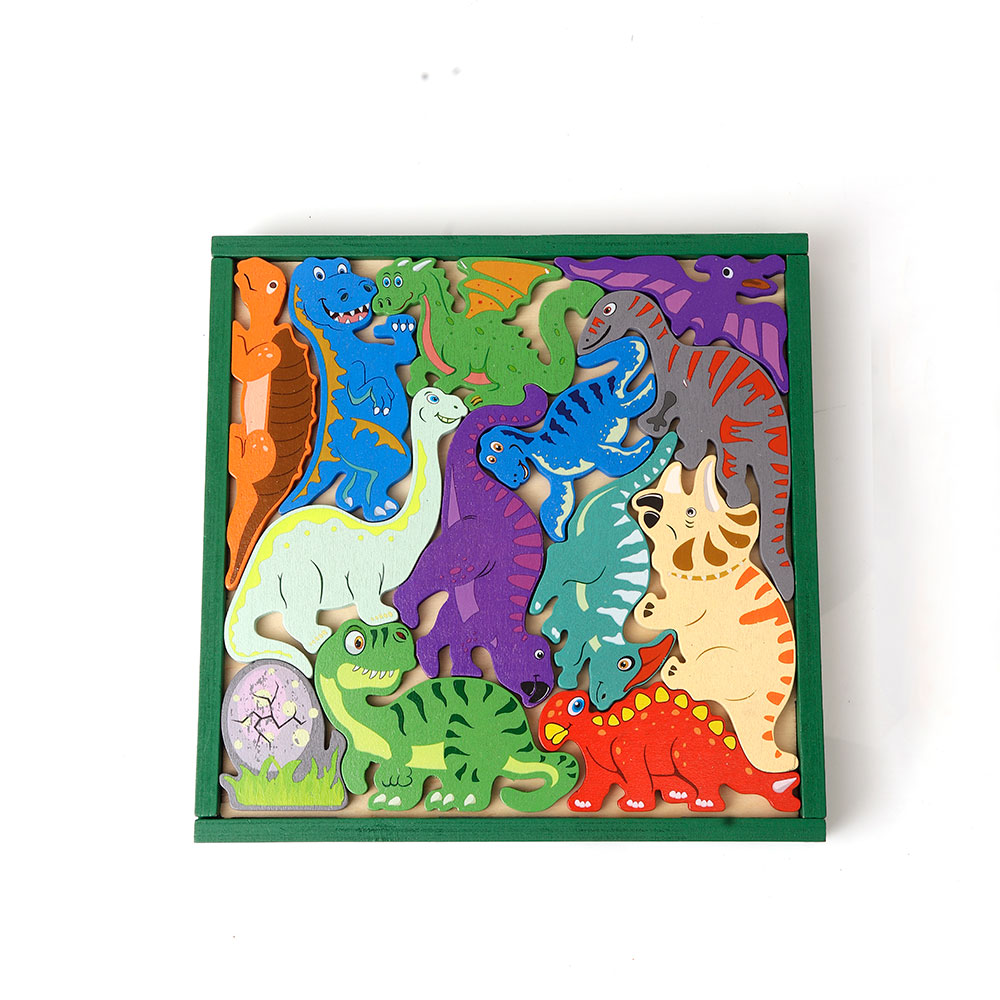
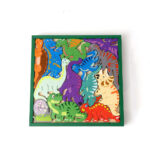
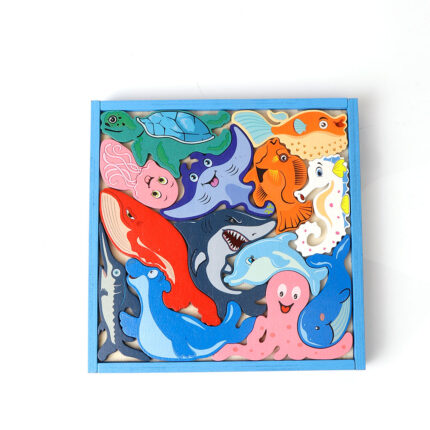
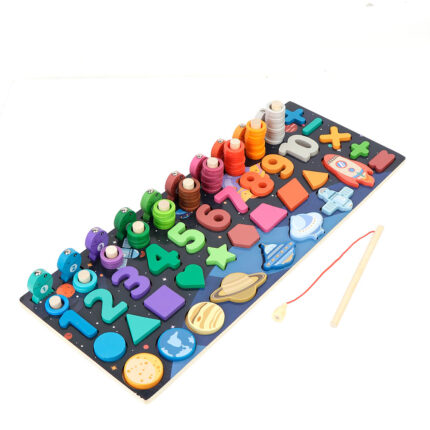
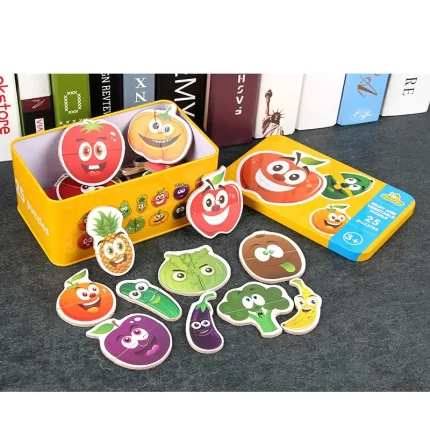
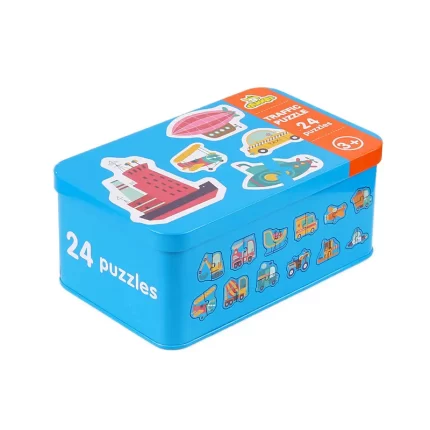
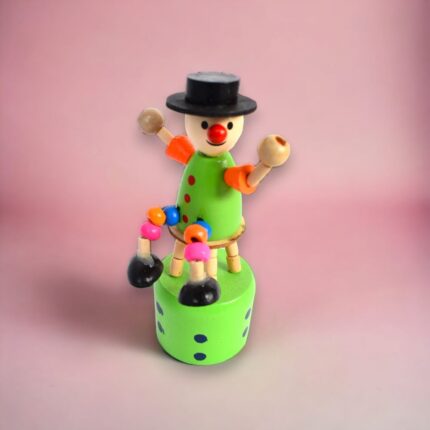
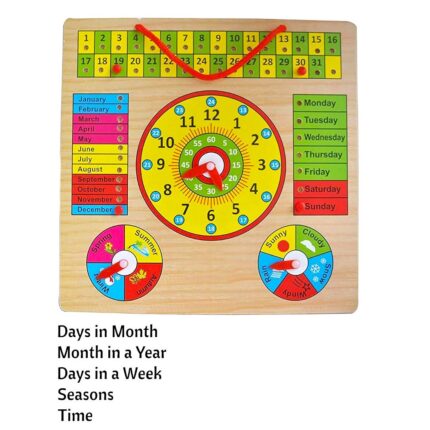
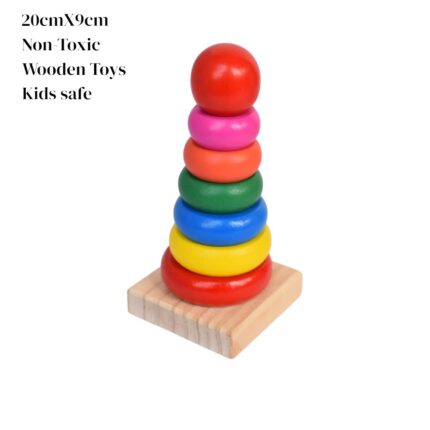
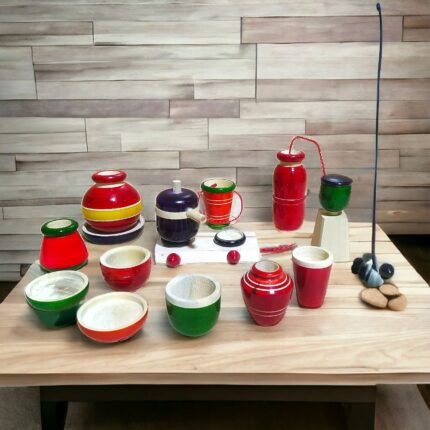
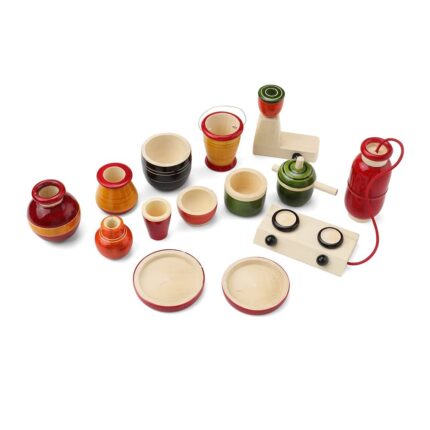

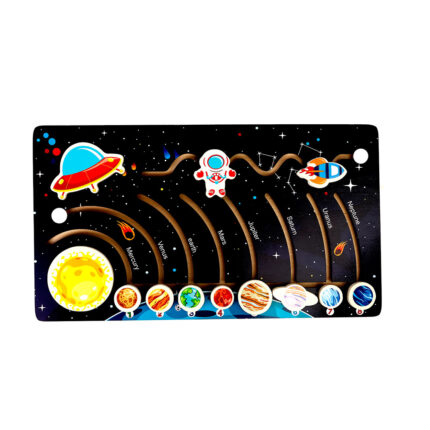
Reviews
There are no reviews yet.